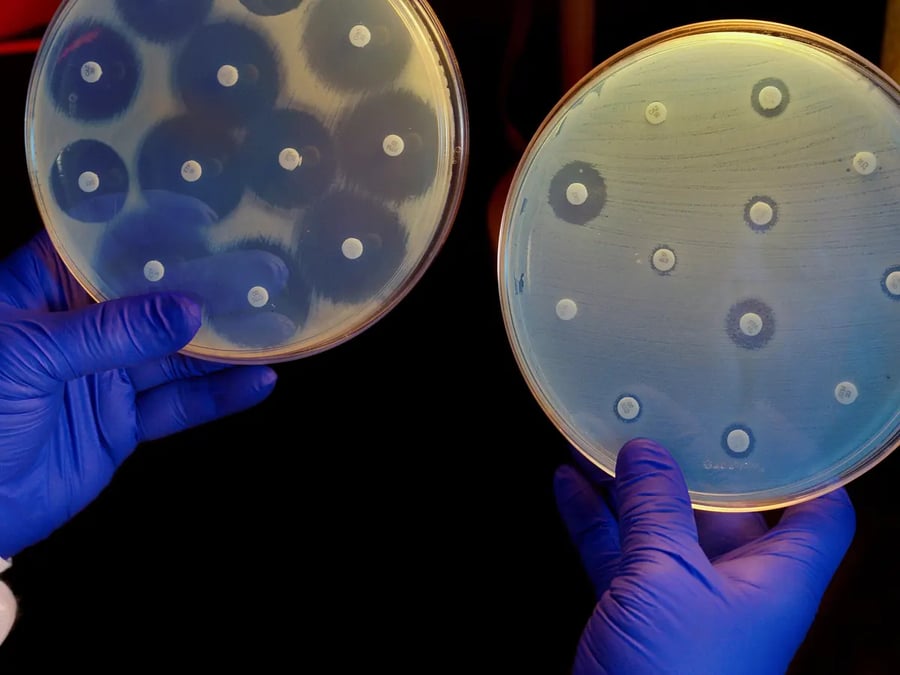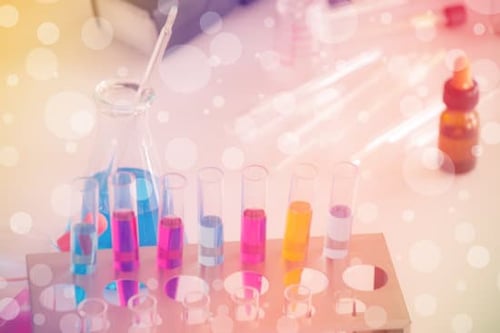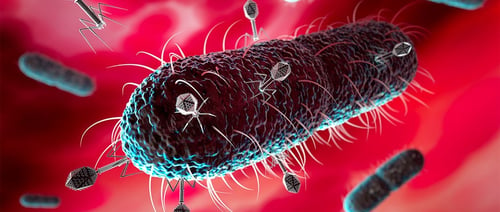

Actions to Fight Antimicrobial Resistance
While it will take decades to unpack all the side effects of the global Covid-19 pandemic, researchers already know it is responsible for a rise in antimicrobial-resistant infections.
“The U.S. lost progress combating antimicrobial resistance in 2020 due, in large part, to effects of the COVID-19 pandemic,” says the CDC COVID-19: U.S. Impact on Antimicrobial Resistance, Special Report 2022.The report says that U.S. healthcare facilities saw more healthcare-associated, antimicrobial-resistant infections, especially in hospitals.
Hospitals treated sicker patients who required more frequent and longer use of medical devices like catheters and ventilators. Hospitals also experienced personal protective equipment supply challenges, staffing shortages, and longer patient visits.
“Antimicrobial resistance is an urgent global public health threat, killing at least 1.27 million people worldwide and associated with nearly 5 million deaths in 2019. In the U.S., more than 2.8 million antimicrobial-resistant infections occur each year. More than 35,000 people die as a result, according to CDC’s 2019 Antibiotic Resistance (AR) Threats Report,” warns the CDC. “When Clostridioides difficile—a bacterium that is not typically resistant but can cause deadly diarrhea and is associated with antimicrobial use—is added to these, the U.S. toll of all the threats in the report exceeds 3 million infections and 48,000 deaths.”
When Germs Can Defeat the Drugs Designed to Kill Them
Antimicrobial resistance, according to the CDC, happens when germs like bacteria and fungi develop the ability to defeat the drugs designed to kill them.
“Antimicrobial resistance has been found in every U.S. state and country. Addressing this threat requires continued aggressive action,” says the CDC.
Actions include:
- Prevent infections in the first place
- Improve antibiotic and antifungal use to slow the development of resistance
- Stop the spread of resistance when it does develop
Antimicrobial resistance has the potential to affect people at any stage of life, as well as the healthcare, veterinary, and agriculture industries.
Resistance to Even One Antibiotic Can Have Serious Consequences
Bacteria and fungi do not have to be resistant to every antibiotic or antifungal to be dangerous. Resistance to even one antibiotic can mean serious problems. For example:
- Antimicrobial-resistant infections that require the use of second- and third-line treatments can harm patients by causing serious side effects, such as organ failure, and prolonged care and recovery, sometimes for months
- Many medical advances are dependent on the ability to fight infections using antibiotics, including joint replacements, organ transplants, cancer therapy, and the treatment of chronic diseases like diabetes, asthma, and rheumatoid arthritis
- In some cases, these infections have no treatment options
“If antibiotics and antifungals lose their effectiveness, then we lose the ability to treat infections and control these public health threats,” says the CDC.
Everyone Can Play a Role in Reducing the Spread of Infections
You do not have to be a healthcare provider to play a role in reducing the spread of these antimicrobial-resistant infections.
“We all have a role to play, from travelers, animal owners, and caregivers to patients and healthcare providers,” says the CDC.
The key, reminds the CDC, is that no one can completely avoid getting an infection, but there are steps you can take to reduce your risk and help stop the spread of germs:
- Know Your Risk, Ask Questions, and Take Care: Keep cuts clean and covered until healed, and take good care of chronic conditions, like diabetes or heart disease. Speak up with questions or concerns. Ask your healthcare provider about risks for certain infections and sepsis, the body’s extreme response to infection.
- Clean Your Hands: Keeping your hands clean is one of the best ways to prevent infections, avoid getting sick, and prevent spreading germs. This video explains how washing your hands can fight germs that get on our hands every day.
- Get Vaccinated: Vaccines are an important step to prevent infections, including resistant infections. Talk to your healthcare provider or your child’s healthcare provider about vaccines recommended for all ages.
- Use Antibiotics and Antifungals Appropriately: Talk with your healthcare provider or veterinarian about the best treatment when you, your family, or an animal is sick. Antibiotics and antifungals save lives, but any time they are used they can cause side effects and contribute to antimicrobial resistance. One side effect is Clostridioides difficile—a bacterium that is not typically resistant but can cause deadly diarrhea and is associated with antibiotic use. C. diff can cause severe diarrhea, loss of appetite, abdominal pain/tenderness, and nausea. Learn more about using antibiotics, including when they are needed and when they are not.
- Be Aware of Changes in Your Health: Talk to your healthcare provider about how to recognize signs and symptoms of infections, or if you think you have an infection. If an infection isn’t stopped, it can lead to additional complications like sepsis, a life-threatening medical emergency.
- Practice Healthy Habits Around Animals: Always clean your hands after touching, feeding, or caring for animals, and keep your animals and pets healthy. Talk to your veterinarian about antimicrobial resistance and using antibiotics and antifungals only when needed to prevent risks to your animals/pets, including germs like carbapenem-resistant Enterobacterales (CRE).
- Prepare Food Safely: Follow four simple steps to avoid foodborne infections:
o Clean your hands, cooking utensils, and surfaces.
o Separate raw meat from other foods.
o Cook foods to safe temperatures.
o Chill leftovers and other foods promptly.
- Stay Healthy When Traveling Abroad: Be vigilant when traveling abroad. Know what vaccinations are needed, check health alerts, stick to safe food and drinks, plan in case you get sick, and learn about the risks of medical tourism. Visit CDC’s Travelers Health website for more information.
- Prevent STDs: Gonorrhea, a common STD, can be resistant to the drugs designed to treat it. The only way to avoid STDs is to not have sex. If you have sex, lower your risk by choosing safer sexual activities and using condoms the right way from start to finish. You and your partner should be treated right away if you test positive for STDs to keep from getting infected again. Learn effective strategies to reduce STD risk for yourself and your partner.
Subscribe to email updates
Related Articles

Topics

Topics

Topics



